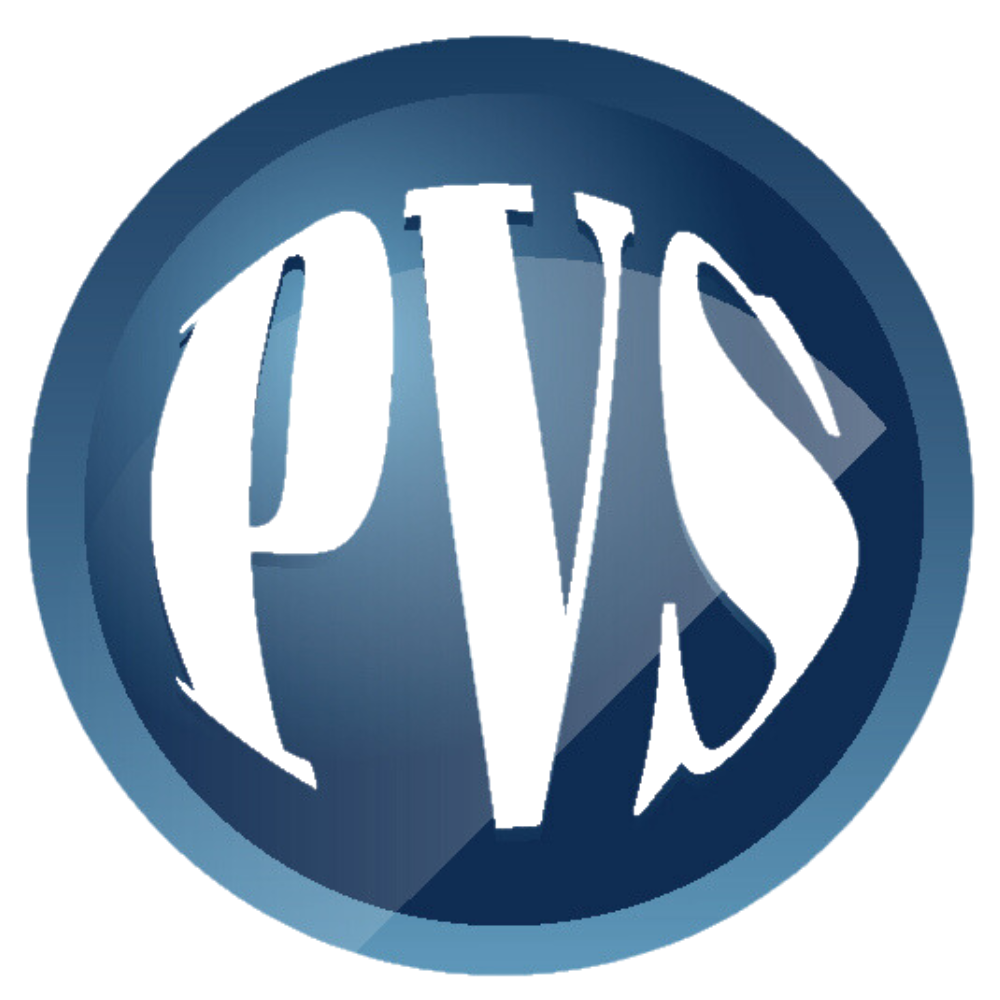Healthcare Real Estate Consulting for Property Tax Management

Healthcare real estate consulting plays a crucial role in optimizing the financial performance and operational efficiency of healthcare facilities. With ever-increasing complexities in property tax regulations, strategic management of these assets is essential.
This guide highlights how effective healthcare real estate consulting can enhance financial performance through proficient property tax strategies.
Understanding the Needs of Healthcare Real Estate in Property Tax Management
Healthcare real estate consulting is essential within commercial real estate, focusing on facilities like medical office buildings and specialized healthcare organizations. Managing property taxes in this sector affects both financial performance and healthcare operations, influencing the quality of patient care.
Challenges include complex valuations due to specialized equipment and designs, compliance with varying regulations, strategic financial planning to optimize property tax liabilities and effective lease management.
Importance of Healthcare Real Estate Consulting
Healthcare real estate consultants address these challenges by:
- Simplifying Complex Assessments: Utilizing advanced appraisal techniques to navigate property valuations accurately
- Ensuring Compliance and Accuracy: Staying updated with regulatory changes to manage compliance effectively
- Strategic Property Tax Planning: Providing foresight in property tax decisions to manage cash flows and fund critical services
- Tailored Real Estate Services: Offering customized advice for renegotiating leases and optimizing facility operations
Consulting services help healthcare facilities manage property taxes efficiently, ensuring compliance, minimizing costs and enhancing the ability to provide top-notch patient care.
The Expanding Scope of Healthcare Real Estate
The healthcare real estate market is experiencing unprecedented growth, projected to expand significantly from $1,336.94 billion in 2023 to an even more robust figure by 2030, with a compound annual growth rate (CAGR) of 7.9%.
This surge, as identified by Grand View Research, is fueled by demographic shifts, such as an aging population requiring more intensive and specialized healthcare services. Technological advancements are also crucial, enabling more sophisticated healthcare facilities to integrate cutting-edge technologies for improved patient care. The evolution in healthcare delivery models toward more outpatient care and telemedicine is also reshaping the demand for healthcare spaces.
Growing Market Demands
This dynamic growth highlights the importance of specialized healthcare real estate consulting. As the market expands, so does the complexity of the real estate needs of healthcare providers.
Consultants specialized in healthcare real estate, like medical buildings, are more crucial than ever to help navigate this evolving landscape effectively.
Key Property Tax Management Strategies for Healthcare Real Estate
As the market grows, managing the property taxes of expanding healthcare facilities becomes increasingly complex. Effective management strategies are essential to ensure that healthcare organizations do not face unexpected financial burdens that could detract from their primary care missions.
Regular and thorough property assessments are crucial. These assessments must accurately reflect the unique values of highly specialized medical facilities, which often differ significantly from typical commercial properties.
Engaging a team of healthcare real estate consulting experts is critical to navigating these challenges. These professionals can secure more favorable property tax treatments through their deep understanding of the nuances in healthcare property valuation and property tax laws.
They also employ advanced real estate solutions to maintain essential documentation and manage property taxes more efficiently, thus ensuring compliance with the latest regulations and optimizing potential property tax savings.
Furthermore, healthcare real estate consultants are pivotal in strategically planning and managing healthcare properties. They help facilities prepare for expansions, renovations or disposals, considering the implications of each action on property taxes and operational efficiency. Their expertise ensures that healthcare providers can focus on delivering exceptional patient care without the added burden of navigating complex real estate and property tax issues.
What are the key factors when selecting a healthcare real estate consultant?
When selecting a healthcare real estate consultant, key factors include experience in healthcare real estate, knowledge of property tax laws, track record of successful projects, understanding of healthcare regulations and ability to provide tailored solutions for your needs.
Additionally, it’s essential to assess their communication skills and client service approach. Effective communication ensures that your needs are understood and met, while a client-centric service approach signifies a consultant’s commitment to fostering a productive and ongoing partnership.
Look for consultants who offer clear, regular updates and are responsive to your inquiries and concerns, as this can significantly enhance the efficiency and effectiveness of the consulting service.
Property Valuations Services’ (PVS) Healthcare Real Estate Portfolio
Expertise and Background of Our Consulting Team
Property Valuation Services (PVS) has a team of experts reviewing valuation methodologies and their correlation to a property’s actual fair market value. We are led by a Member of the Appraisal Institute (MAI) and the American Society of Appraisers (ASA).
As property tax professionals, we have diverse backgrounds in appraisal, property tax management, real estate, accounting, economics and finance, providing comprehensive and insightful solutions.
We consistently discover property tax savings, even when working after other consulting and property tax firms. This diverse blend of expertise allows us to approach complex property taxation from multiple angles.
Case Studies
Our case studies showcase how PVS has refined property tax strategies for healthcare real estate throughout the past 27 years. We have served more than 800 clients and managed nearly 40,000 property tax parcels across all 50 states, establishing ourselves as a national leader in healthcare property tax valuation.
Hospital Operator Savings
Our healthcare real estate consulting was pivotal in securing significant financial benefits for a national hospital operator. We achieved $690,000 in property tax savings through meticulous assessment and strategic negotiations.
This substantial reduction in property tax liabilities enhances the hospital’s financial health and frees up capital that can potentially be redirected toward improving patient care services and facility upgrades.
Assisted Living Facility Relief
During the COVID-19 pandemic, our consulting services proved especially beneficial for an assisted living facility struggling with low fill rates. By providing expert guidance and robust property tax management strategies, we facilitated $1.6 million in property tax savings.
These savings were crucial in alleviating financial pressures during reduced revenue, allowing the facility to maintain its operations and continue providing essential services to its residents.
Senior Living Facility Appeal
For a senior living facility in Kansas, our team demonstrated its expertise by successfully filing an appeal that resulted in $40,000 in savings. This achievement highlights our proficiency in navigating complex property tax regulations and reflects our commitment to ensuring our clients benefit from accurate property valuations.
The savings enabled the facility to reinvest in enhancing the quality of life for its residents, including better amenities and services.
Decision-Making Process for Healthcare Real Estate Property Tax Services
In choosing healthcare real estate property tax consulting, consider consultants who demonstrate a profound understanding of the healthcare industry and have a track record of reducing property taxes through effective property tax protests.
Evaluate potential service providers, focusing on their success rates and strategic approaches.
By employing strategic property tax planning and partnering with experienced advisors, healthcare facilities can ensure financial stability and compliance while focusing on providing excellent patient care.
PVS: Your Expert Healthcare Real Estate Consultants
Services Offered by PVS:
- Healthcare Real Estate Property Tax Appeals: Challenge and negotiate property tax assessments to ensure fair valuations
- Appraisal: Conduct accurate and comprehensive building valuation services
- Compliance: Ensure adherence to property tax laws and regulations
- Assessment-Reduction: Work on property tax reduction
- Professional Representation: Represent clients in all property tax-related proceedings
- Assessment Uniformity Study: Analyze assessment uniformity to ensure equitable property tax treatment
- Abatement and Exemption Research: Investigate potential abatements and exemptions to minimize property tax liabilities
- Identification of all Reasonable Reliefs: Explore all available property tax reliefs to maximize property tax savings
- Preparation and Analysis of Taxable Value: Prepare and analyze reports to optimize property tax strategies
Let PVS help you optimize your healthcare real estate investments and navigate the complexities of property taxation. Contact us today to enjoy hassle-free property tax management and maximize your property tax savings.
Frequently Asked Questions
What types of healthcare facilities can benefit most from property tax consulting?
Hospitals, medical office buildings, senior living communities, assisted living facilities, rehabilitation centers, and outpatient clinics can all see significant benefits from tailored property tax strategies.
What role does technology play in modern healthcare real estate consulting?
Advanced appraisal software, market analytics, and property tax management platforms help consultants accurately value properties, maintain documentation, and streamline compliance processes.
How can property tax savings be reinvested into healthcare operations?
Savings from reduced property tax liabilities can be redirected toward patient care initiatives, facility upgrades, technology investments, or operational improvements.
Healthcare Real Estate Consulting for Property Tax Management Read More »







